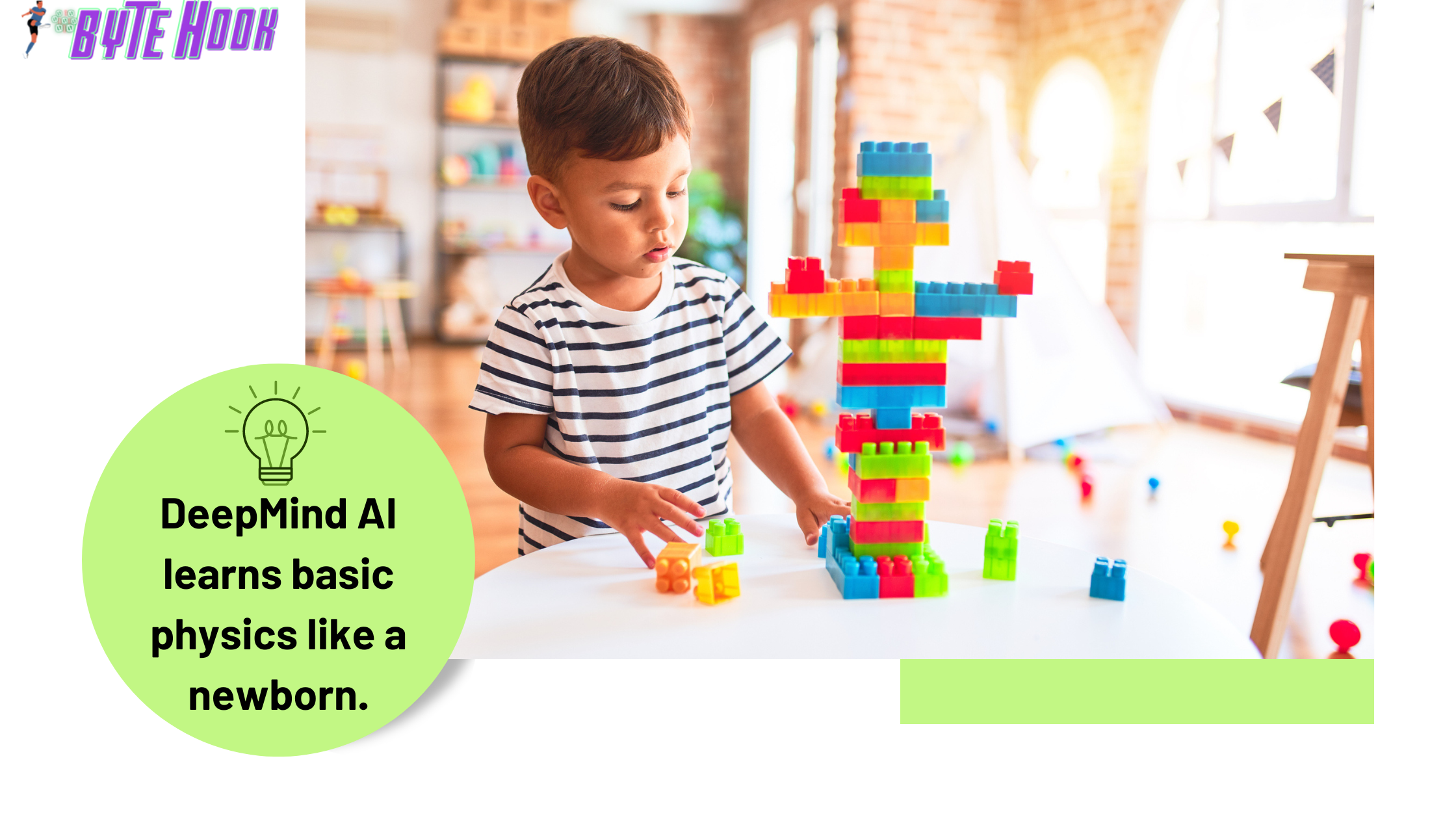Scientists developed artificial intelligence that seems to 'learn' basic physics like a human baby.
Artificial intelligence (AI) systems are already much superior to humans in certain
tasks, such as playing Go or processing enormous amounts of data, yet even only a few months after we are born, AI is still
far behind us in many other areas.
For example, even young babies instinctively
know that one object briefly passing behind another shouldn't vanish and
reappear elsewhere. Presented with such a magic act, babies act with surprise.
But such a simple rule of continuity, along with other basic physical laws,
hasn't been so intuitive for AI. Now a new study introduces an AI called PLATO
inspired by research on how babies learn. PLATO stands for Physics Learning
through Auto-encoding and Tracking Objects, and it was trained through a series
of coded videos designed to represent the same basic knowledge that babies have
in their first few months of life.
Interestingly for us, developmental
psychologists have spent many years recording the many components or ideas that
go into physical cognition, according to neuroscientist Luis Piloto of the
UK-based AI research facility DeepMind.
"We created and open sourced a physical
concepts data set as an extension of their work. To evaluate physical
principles in our models, this synthetic video data set draws inspiration from
the original developmental studies." according to researchers.
Researchers basically develop an early understanding of three
fundamental ideas: permanence (items will not abruptly vanish); solidity (items
can not flow through one another); and continuity (objects move in a consistent
way through space and time).
These three notions were included in the data set that the
researchers created, along with two more: directional inertia and
unchangeableness (the idea that an object's attributes, such as its form,
remain constant).
Clips of balls falling to the ground, bouncing off one other,
vanishing behind other objects and reappearing, and so on were used to convey
these notions. After training PLATO with these clips, the next step was to put
it to the test.
When PLATO was given recordings depicting 'impossible' events that
went against the rules of physics it had learned, it exhibited astonishment (or
the AI equivalent of it) because it was intelligent enough to realize that
something strange had occurred that violated the laws of physics. This occurred after just brief training
durations, in some cases only 28 hours. Technically speaking, the researchers
were seeking violation-of-expectation (VoE) signals that would indicate
that the AI grasped the principles that it had been taught, exactly like in
newborn studies.
Despite having been trained on video data in which the precise
probe events did not occur, the researchers' object-based model "displayed
strong VoE effects across all five concepts we tested."
Using items other than those in the training set, the team
conducted further experiments. Again, PLATO demonstrated that it could learn
and go beyond its fundamental training knowledge by exhibiting a clear
comprehension of what should and should not be occurring. PLATO, although still isn't nearly at the
level of a three-month-old infant. When AI presented with situations without any
objects or when the training and testing models were comparable, there was less
surprising.
Additionally, the videos that PLATO was trained on had additional
information to aid in its recognition of the objects and their
three-dimensional movement. To fully
understand the situation, it seems that some innate information is still
needed, and developmental biologists are still perplexed by the "nature vs
nurture" dilemma in newborns. The study may improve our comprehension of
the human mind and aid in the development of more accurate AI models of it.
According to the researchers, "this modeling work offers a
proof-of-concept showing that at least certain key notions in intuitive physics
may be learned by visual learning." Whereas
research in certain precocial (born in an advanced condition) animals implies
that some fundamental physical notions might be present from birth, the
findings indicate that in humans, intuitive physics knowledge arises early in
life but can be influenced by visual experience.



